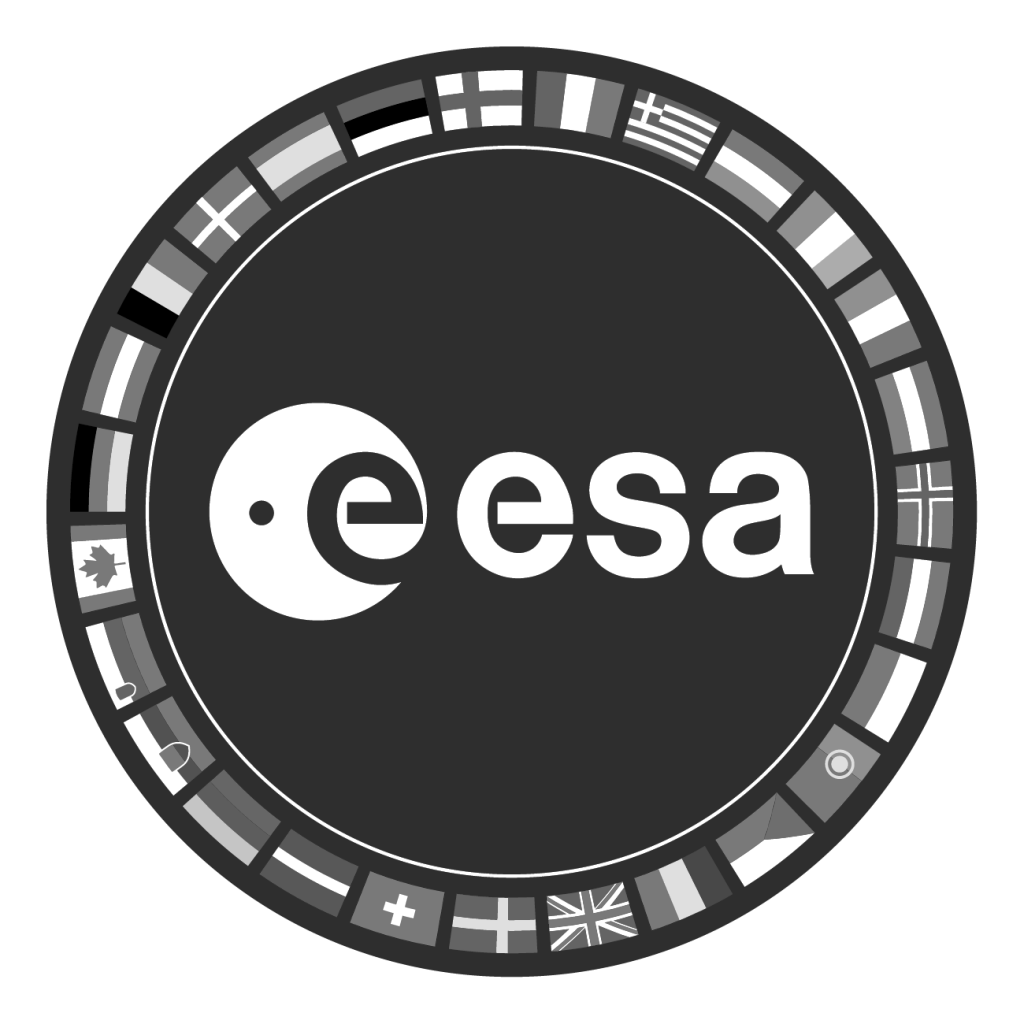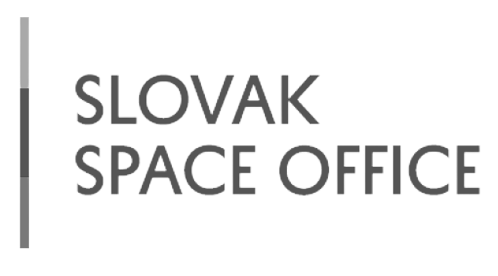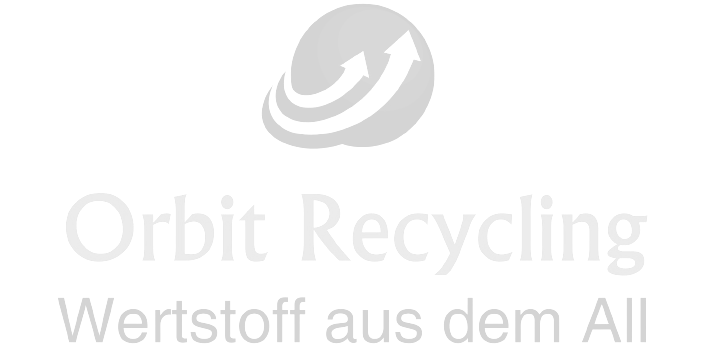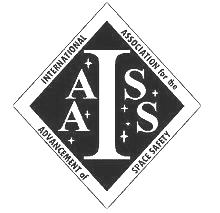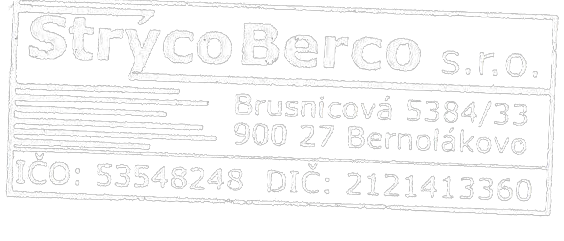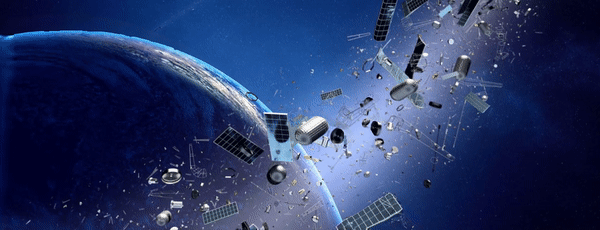Truly Autonomous
Space Operations
FINALLY Enabled
Space
Services

Mission
Simulator
Development of simulation software for missions in space to enable validation of automated orbital servicing missions based on multi-agent and cooperative approach.
- Simulation environment
- Bottom-Up environment
- Close-proximity operations
- Physical connection simulation
- Autonomous operations
- AI training
- Collaborative perception
- Spacecraft model creation
- Mission specific requirements
- Mission implementation
- Software-centric space missions design

GNC
Development
Development of Guidance, Navigation and Control (GNC) software solutions for missions in space to coordinate automated orbital servicing missions based on multi-agent and cooperative approach.
- Bottom-Up environment
- Software-centric space missions design
- Close-proximity operations
- Autonomous operations
- AI training
- Inter-satellite communication
- Ground control communication
- Mission specific requirements
- Mission implementation

In-Orbit
Services
Development of scalable and modular autonomous automated multi-agent spacecraft fleets for missions in space to conduct In-orbit servicing, space transportation, and other type of missions.
- Modular and scalable fleet
- Direct contact to the target
- AI trained GNC
- Inter-satellite communication
- Autonomous coordination
- In-orbit services
- Risk reduction
- Threads identification
- Mission specific fleet construction
- Software-centric space missions design

WHO
WE
ARE

MAREK GEBURA
Idea initiator and
Head of R&D
MICHAL MLATICEK
Lead Software Engineer
TOMAS BALOG
Managing Director and Project Manager
Space scAvengers is deeply committed to pioneering advancements in spacecraft intelligence and autonomy. Our focus lies in harnessing the power of AI and machine learning algorithms to revolutionize the way spacecraft operate, making them more autonomous, efficient, and capable of making complex decisions independently. This technological thrust is not only about enhancing individual spacecraft capabilities but also about redefining the dynamics of multi-agent space systems.
At the heart of our mission is the development and refinement of multi-agent autonomous systems. By exploring the realms of swarm intelligence and advanced coordination techniques, Space scAvengers aims to improve the collaborative operations of spacecraft. This approach promises to elevate the efficiency and effectiveness of space missions, particularly in scenarios involving intricate maneuvers and complex task execution in the vast expanse of space.
A key component of Space scAvengers’ strategy is the creation of advanced simulation environments. These simulations are crucial for testing and validating the operational strategies of spacecraft and satellite constellations. By mirroring the real-world complexities and challenges of space missions, these simulations provide invaluable insights and data, enabling continuous improvement and innovation in space operations.
Finally, Space scAvengers aligns its objectives with the evolving global trends in space technology. Our work is geared towards developing solutions that address the current and emerging challenges in space exploration. This includes enhancing communication and navigation systems, as well as the maintenance and sustainability of spacecraft, thus contributing significantly to the safety and success of future space missions.
At Space scAvengers, our mission and ethos are defined by four core principles. Firstly, we are dedicated to pioneering innovative technologies in spacecraft intelligence and autonomy. This commitment drives our efforts to enhance the efficiency and safety of space missions, pushing the boundaries of what’s possible in space exploration.
Secondly, we prioritize the development of sustainable and responsible space technologies. Our approach is grounded in ensuring long-term viability and environmental responsibility in all our projects, reflecting our commitment to the future of space exploration.
Our third principle is collaboration. We believe in the power of working together with global space communities, sharing knowledge, and fostering partnerships. This collaborative spirit not only accelerates technological advancements but also strengthens the collective efforts in tackling challenges in space exploration.
Finally, we are dedicated to upholding the highest ethical standards in all our endeavors. Integrity, transparency, and accountability are at the heart of our operations, ensuring we contribute positively and responsibly to the field of space technology.
Revolutionizing Spacecraft Autonomy with AI:
At Space scAvengers, we’re redefining space travel with our AI and machine learning breakthroughs. These technologies empower spacecraft with unparalleled autonomy, enabling them to make smarter decisions and operate more efficiently in the vast expanse of space. Join us as we embark on a journey of technological innovation, paving the way for a new era in space missions.
Pioneering Multi-Agent Systems for Collaborative Space Missions:
Our innovative multi-agent systems are transforming how spacecraft collaborate in orbit. This technology facilitates complex, coordinated operations, setting a new standard for teamwork in space. Experience the synergy of our advanced systems, designed to bring about a revolution in space operations.
Advanced Simulation Tools for Strategic Space Mission Planning:
Space scAvengers’ cutting-edge simulation tools are the bedrock of our strategic planning. These simulations offer insights into the myriad possibilities of space missions, enabling us to optimize strategies and ensure mission success. Discover how we are harnessing these tools to push the boundaries of space exploration.
Integrating Innovations with Existing Space Technologies:
Our commitment extends beyond innovation. We strive to integrate our advanced solutions seamlessly with current space technologies, marrying groundbreaking advancements with practical applications. This approach reinforces our dedication to sustainable and safe progress in the realm of space exploration. Join us as we shape the future of space travel.
